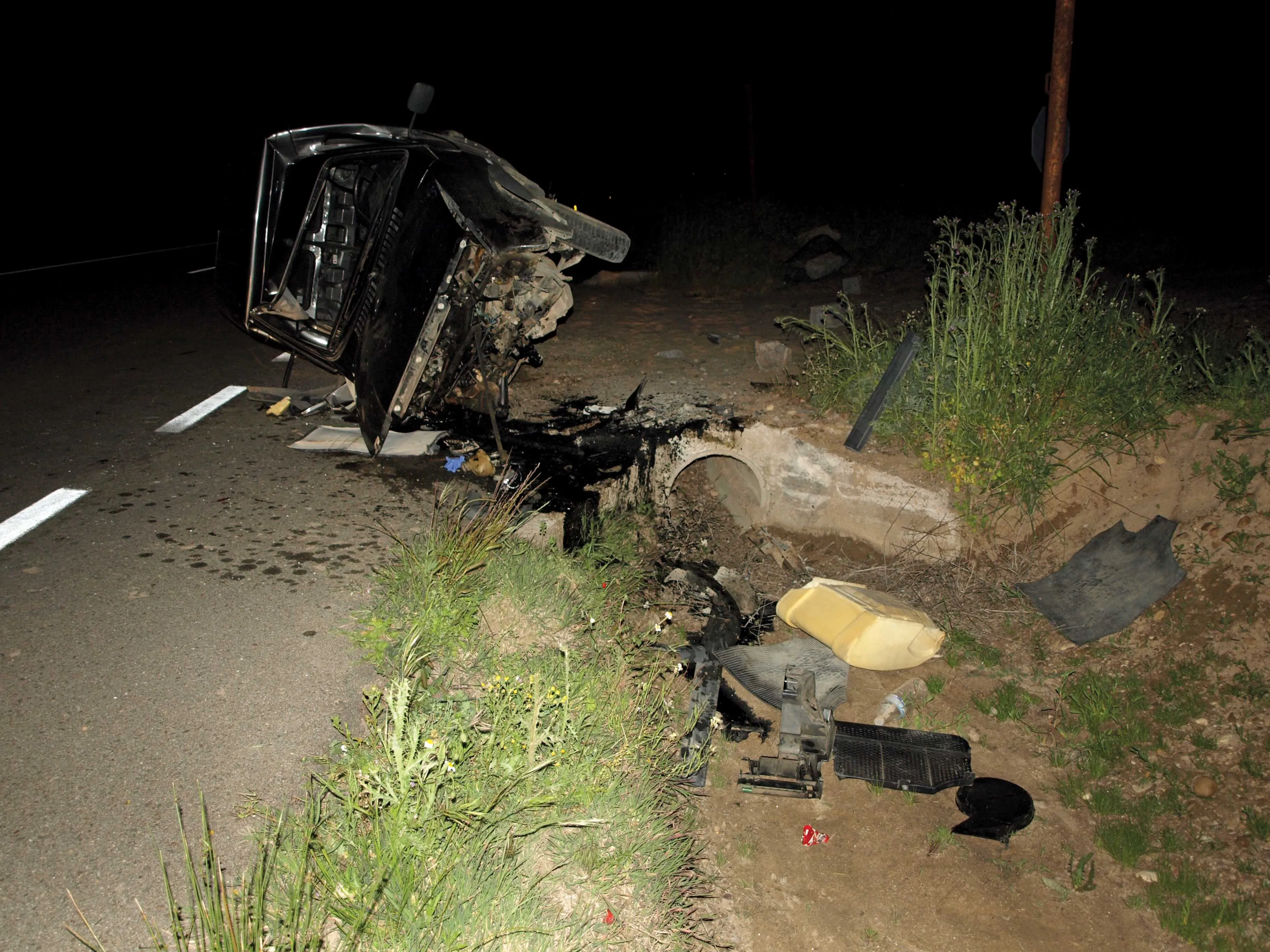Action across Europe has seen police crackdown heavily on drink driving offences during December 2013. Information from the Pan-European police body TISPOL shows that 1,141,058 roadside breath tests were carried out to check for alcohol use, with 15,305 showing positive. Police also checked drivers for drugs in the operation, and 2,133 offences were detected. The operation was organised by TISPOL in 31 European countries. TISPOL president Koen Ricour said, “These results show that too many people are still
January 21, 2014
Read time: 2 mins
Action across Europe has seen police crackdown heavily on drink driving offences during December 2013. Information from the Pan-European police body 4753 TISPOL shows that 1,141,058 roadside breath tests were carried out to check for alcohol use, with 15,305 showing positive. Police also checked drivers for drugs in the operation, and 2,133 offences were detected. The operation was organised by TISPOL in 31 European countries. TISPOL president Koen Ricour said, “These results show that too many people are still prepared to risk driving after they have taken alcohol or drugs. Regardless of the legal limit, it’s vital for everyone to know and accept that impairment starts with your very first drink and will reduce your ability to drive safely. We want to educate road users about the consequences of impairment. TISPOL is committed to a united approach, working with other stakeholders, governments and road safety organisations to provide effective deterrent messages. But we will also continue to seek out those drink drivers and drug drivers who ignore the warnings, and, in so doing, unnecessarily put their own lives and the lives of other innocent road users at risk.”
Stopping drivers to check for alcohol and drug offences also provides police officers with the opportunity to make other appropriate safety and security checks. During the week of this operation, officers also detected and dealt with offences connected with illegal immigration and human trafficking (107), possession of drugs (460), firearms (79) and stolen goods (82), as well as 1,803 other crimes. Data from insurance companies shows that criminals do have higher incidences of committing driving offences such as being under the influence of drink or drugs while at the wheel, driving defective, unlicensed or uninsured vehicles or speeding. Police checks for alcohol use amongst drivers can also be affective for highlighting general crimes being committed, given trends towards patterns of behaviour amongst more regular offenders.
Stopping drivers to check for alcohol and drug offences also provides police officers with the opportunity to make other appropriate safety and security checks. During the week of this operation, officers also detected and dealt with offences connected with illegal immigration and human trafficking (107), possession of drugs (460), firearms (79) and stolen goods (82), as well as 1,803 other crimes. Data from insurance companies shows that criminals do have higher incidences of committing driving offences such as being under the influence of drink or drugs while at the wheel, driving defective, unlicensed or uninsured vehicles or speeding. Police checks for alcohol use amongst drivers can also be affective for highlighting general crimes being committed, given trends towards patterns of behaviour amongst more regular offenders.






